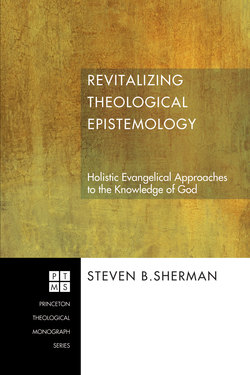Описание книги
A rather acrimonious divorce is underway between evangelical theology and foundationalism–especially among younger evangelical proteges less directly connected with the modernist-fundamentalist controversy than are their professors. These primarily younger evangelical thinkers are almost certainly reading and engaging more of Derrida than Descartes; more interested in doing theology and philosophy for the church than for the academy; more in tune with Wesley's than Warfield's theology; more interested in applying the Bible than defending it; more concerned with the hermeneutics of Gadamer and Ricoeur than (Arno) Gabelein and (A.T.) Robertson; more occupied with the philosophical method of Heidegger than Hegel; more moved by the epistemology of Kierkegaard and Barth than by Kant and Bultmann; and finally, more comfortable with postmodern than modern culture. Such major moves are undoubtedly altering the face of evangelical theology–or more accurately, theology done by evangelicals: even more particularly for this study, theological epistemology written by evangelicals. In Revitalizing Theological Epistemology Steven B. Sherman addresses questions about what evangelical theology ought to be doing in light of the changing cultural situation. Should the Christian faith continue to be presented and defended mainly according to Enlightenment principles when growing criticism of modern thought is affecting virtually every discipline? Is this critique merely a matter of the latest societal trend, or is this a much larger phenomenon virtually encompassing the West? Ought evangelicalism and its intellectual leaders to «wait it out» or should they «re-vision» their theology? And if something does require reconsideration, exactly what is it, and what might this re-examination entail? This book is about contemporary evangelical approaches to the knowledge of God, considering–and suggesting–ways Christian philosophers and theologians envision and make use of theological knowledge in the postmodern context.
